With a few notable exceptions, most cocktails make use of a sweetening agent intended to bind flavors together and balance out the burn and bitterness present in many high-proof spirits. Bartenders (both amateurs and professionals) have abundant sweetener options at their disposal…and sometimes, the sheer number of available syrups, sugars, honeys, and liqueurs can feel a bit overwhelming. If a cocktail demands agave syrup, but you only have simple syrup in your kitchen, will that destroy the drink? If you need to swap in creme de peche for maraschino liqueur, is that a total mixology dealbreaker?
We consulted a group of bartenders and cocktail professionals to get their answers to these types of questions, along with their advice for picking high-quality sweeteners and about which versions don’t merit a spot on your at-home bar cart.
For many cocktails, you have the freedom to choose whichever sweetener suits your tastes.
We’ll start with the good news: According to the pros, most cocktails give their makers plenty of freedom to experiment with ingredients, including sweeteners. If you understand the fundamental formulas that make these cocktails what they are, then you can feel free to play around with specifics. In terms of sweeteners, two great examples of popular cocktails with plenty of wiggle room include:
The Old Fashioned
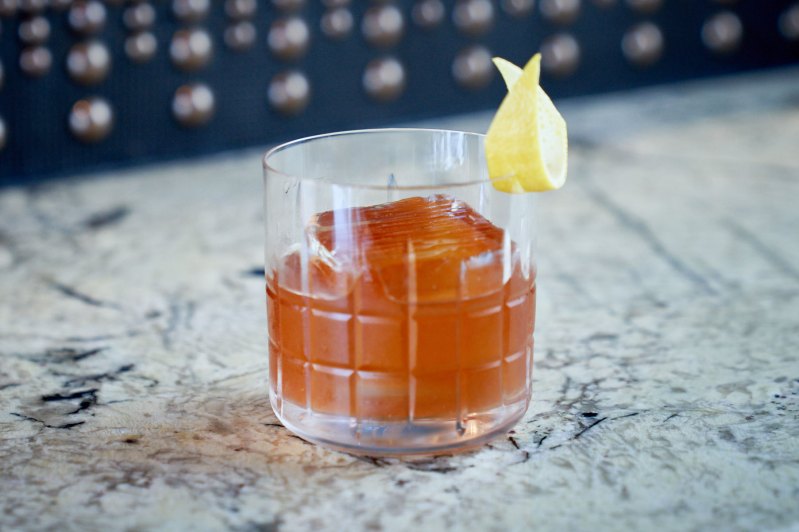
“The Old-Fashioned is the Mr. Potatohead of cocktails. Plug any sweetener you have on hand into the base recipe and you’ll still end up with a remarkable drink,” insists mixologist Seth Falvo of The Cambria in Madeira Beach, Florida.
Indeed, many of the bartenders we surveyed agreed that the Old Fashioned, which traditionally consists of whiskey,
The Margarita
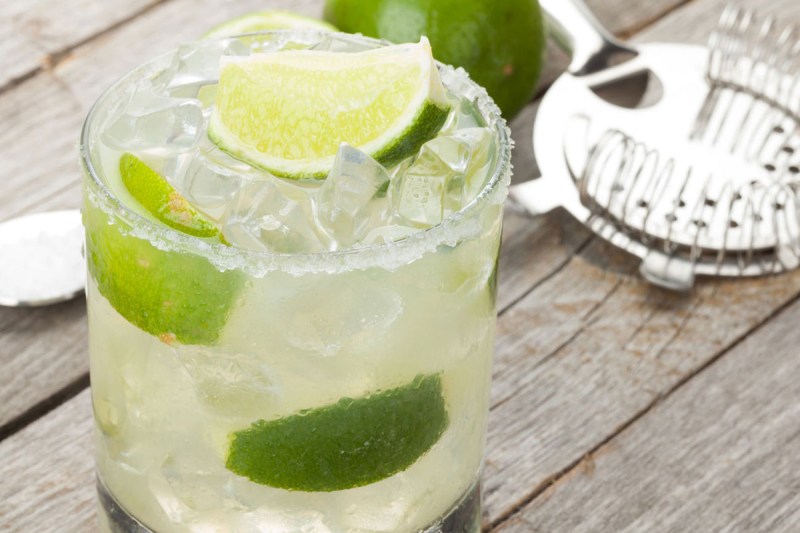
The most popular tequila cocktail in the United States has to be the margarita, and part of this refreshing drink’s appeal comes from the ease with which it can be customized. “There are so many interpretations of [the margarita]. A classic margarita calls for triple sec, a sweet orange liqueur. It becomes a ‘Tommy’s margarita’ if you sub agave syrup instead of the liqueur. Also, a lot of folks prefer just using simple syrup in their margaritas [instead of liqueur or agave syrup],” explains bar manager Daniel McGee of Strangeways in Brooklyn, New York.
Some cocktails do require very specific sweeteners to achieve their flavor profiles
While many mixed
The Piña Colada
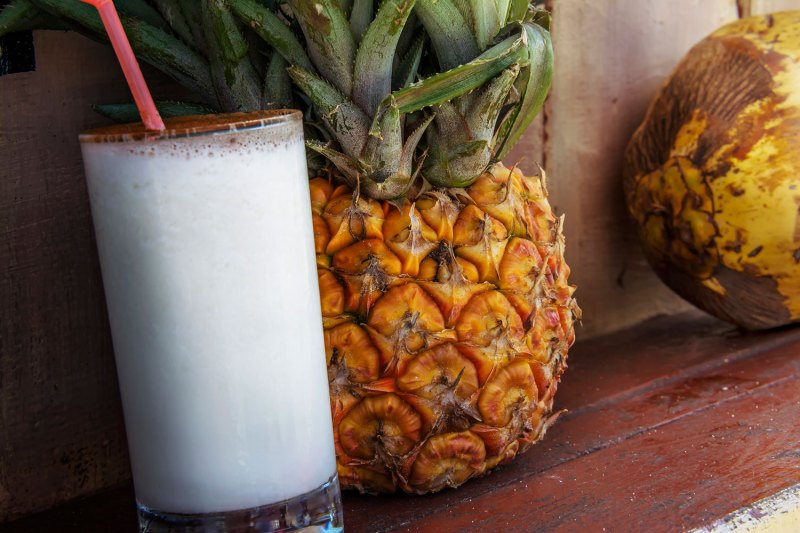
It probably won’t surprise you to hear that this rum-based vacation staple can’t be made successfully without its signature ingredient (which is also its sweetener): coconut cream. But Seth Falvo likes to narrow the scope still further, making the following plea to piña colada fans: “Don’t get cute with your piña coladas – stick with Coco Lopez [coconut cream], as the recipe traditionally calls for. I understand and appreciate the urge to add your own personal touches to classic cocktails, but I’ve yet to see an ‘improved’ version that actually benefited from swapping out Coco Lopez for a house-made coconut syrup or puree.“
The Manhattan
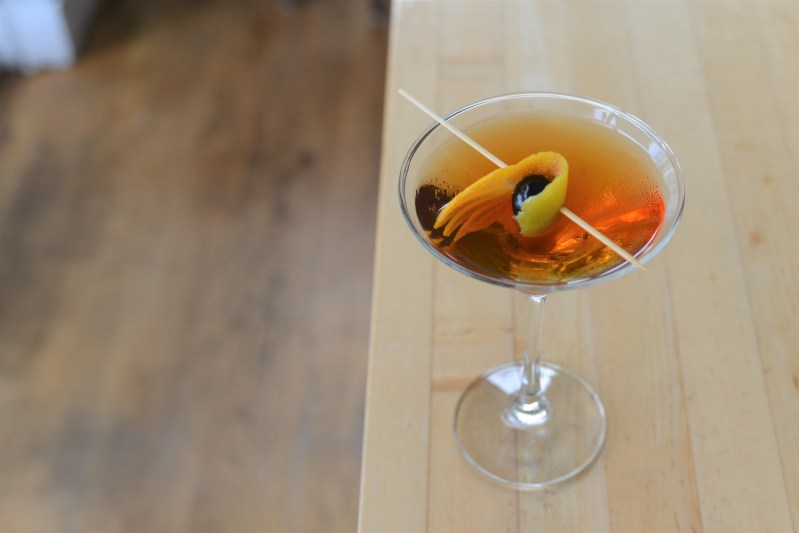
“One example of a cocktail where I wouldn’t substitute anything different other than the traditionally used sweetener, within reason, is the classic Manhattan,” states bar manager Katie Tobin of The Aquifer at New Riff Distilling in Newport, Kentucky. Tobin describes the taste of sweet vermouth (a key ingredient in Manhattans) as “floral, sweet, and complex,” and she advises sticking with sweet vermouth to get those characteristics into your cocktail. However, if you’re really craving a Manhattan but have no way to access sweet vermouth, she does mention that you can get a similar flavor by swapping in Port wine.
The Last Word
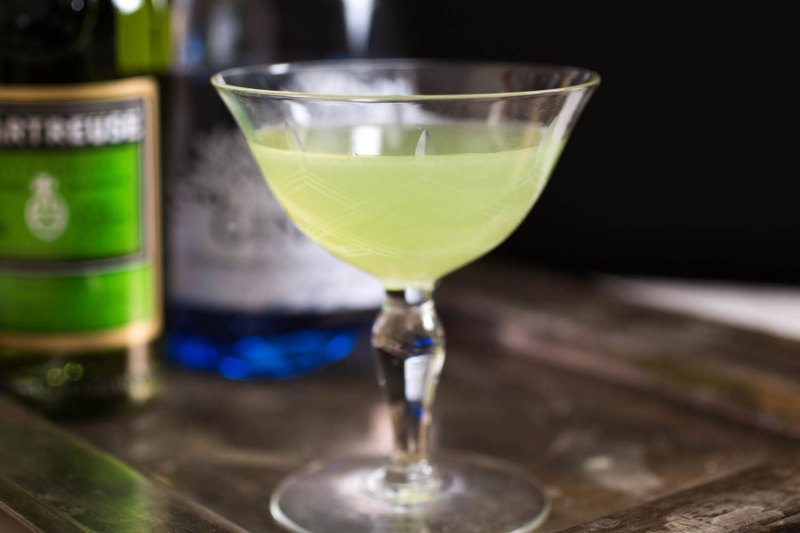
A Prohibition-era cocktail comprising gin, green Chartreuse, maraschino liqueur, and lime juice, The Last Word really does rely on that bit of cherry flavor and sweetness from the liqueur. Cocktail writer Sean Ogle of Slightly Pretentious believes that, when it comes to cocktails that require specific sweeteners, “the best examples of this are usually when a recipe calls for a specific type of liqueur to double as both a seasoning flavor and a sweetener. An example that comes to mind is the Last Word cocktail, where you use an ample amount of maraschino liqueur to balance out the tartness from the lime juice. If you just used simple syrup, you’d have a completely different drink.”
The Bee’s Knees
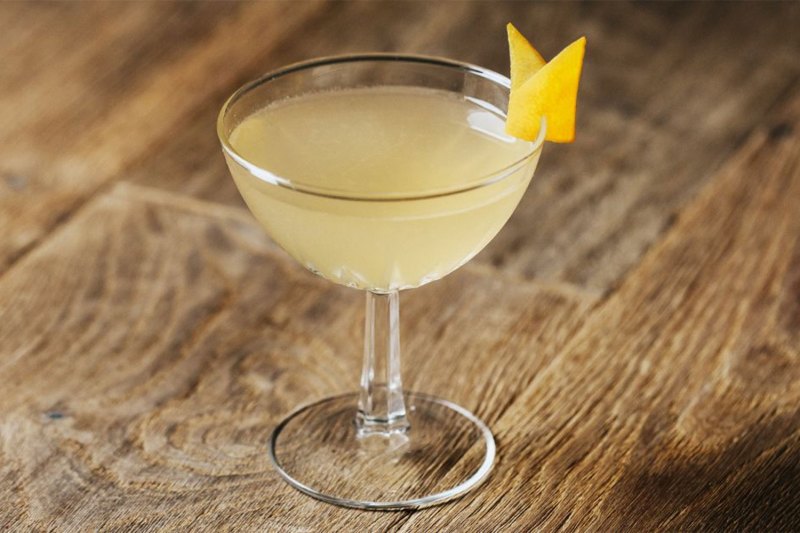
Like The Last Word, The Bee’s Knees is a gin-based Prohibition cocktail that has experienced a major popularity revival in recent years. Also, like The Last Word, The Bee’s Knees requires the use of one sweetener — honey syrup, in this case. “The classic Bee’s Knees’ cocktail calls for honey syrup, a 1:1 dilution of honey and water. It really makes the drink. If you substituted something else for it, it wouldn’t be the same cocktail,” says Daniel McGee.
The Mai Tai
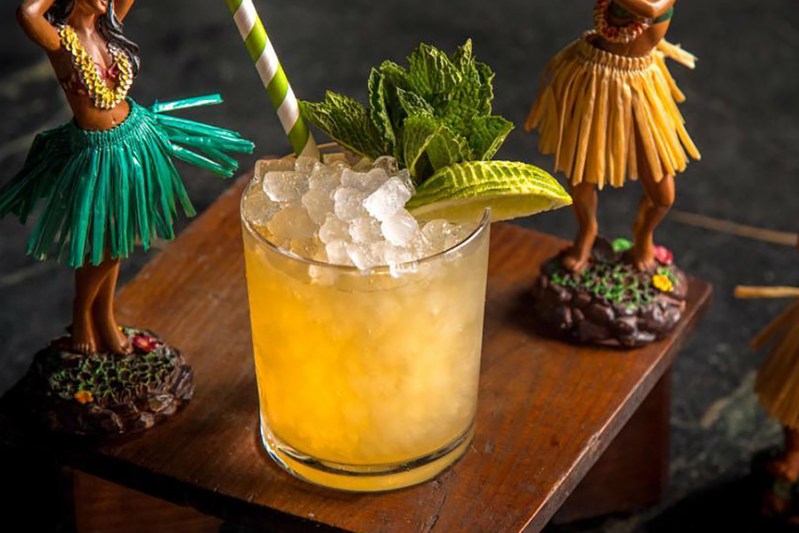
Many cocktails that fall into the “tiki” category include orgeat, a sugar syrup flavored with almonds. For many iconic
If they had to pick one single sweetener to keep in their arsenals, our expert sources almost-unanimously chose homemade simple syrup
It’s obviously not reasonable to expect most cocktail fans (who don’t craft perfectly balanced beverages on a professional basis) to keep a wide range of sweeteners readily available at home. But the bartenders we asked did generally agree that everyone who mixes up their own
“The most versatile, easiest and cheapest option will always be best,” lead bartender Steven Carr of TT Liquor in Shoreditch, London says in favor of simple syrup. “Use white caster sugar. I recommend a 2:1 [ratio of sugar to water] rather to 1:1, as it saves space and massively improves shelf life. Experimentation is fun, but basics are essential.”
Beverage director Bryson Downham of Toups’ Meatery in New Orleans, Louisiana agrees with Carr’s views on simple syrup, and he also prefers the 2:1 ratio to the classic 1:1. “The first sweetener that you need to stock is the most versatile one, a rich simple syrup. A syrup made from refined white sugar has almost no discernible taste, so it’s the perfect way to adjust the sweetness without changing the flavor of the spirits in your cocktail,” Downham tells The Manual.
Whenever possible, avoid these less-than-ideal cocktail sweeteners
Maple syrup

Pure maple syrup can make an excellent addition to a cocktail, but Seth Falvo cautions against using Mrs. Butterworth’s or a comparable synthetic maple syrup. “Make sure you’re using the pure 100% maple syrups and not the artificial, adulterated stuff like most commercial breakfast syrup brands. The latter is unnaturally sweet and will really throw the balance off in your cocktails,” Falvo warns.
Molasses
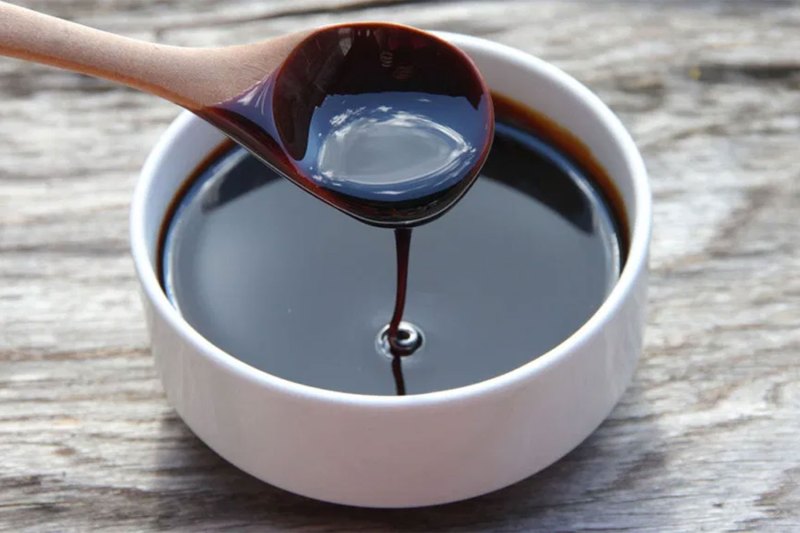
Molasses plays a vital role in the distillation of certain spirits, specifically rum. However, the shelf-stable molasses you buy in jars doesn’t work in the context of a cocktail. “Avoid molasses. It’s extremely viscous and, while sweet, it’s also very bitter and overpowering. It makes some of the best rums in the world, but please leave its addition to the distillery,” Steven Carr advises.
Grenadine
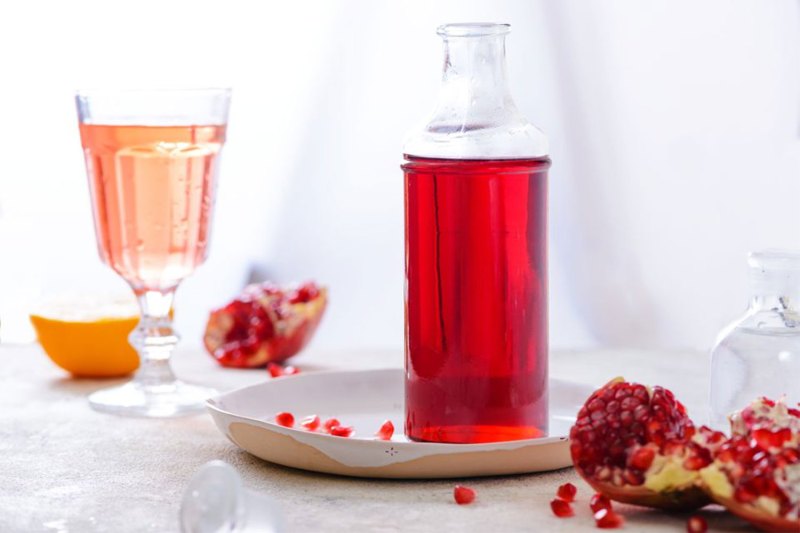
Unless you’re planning to relive your youth (circa middle school) by making a Shirley Temple, then you’ll want to keep bottled grenadine far away from your home bar, according to Katie Tobin: “I hate grenadine. I’m not talking about the homemade kind that uses pomegranate juice, lemon and lime and sugar, I mean the fire-engine red, thick, dye-filled syrupy nonsense. To me, the overwhelming sweetness sticks out like a sore thumb, and it just tastes like red sugar paste in anything. With SO many wonderful options out there, far more interesting than grenadine, why would anyone resort to using it over anything else? I would recommend experimenting with other simple syrups and infusions before picking this store-bought concoction.”
Rose’s Lime Juice

While something of a vintage throwback these days, Rose’s Lime Juice can still be found behind many a bar and in the mixers section of many a liquor or grocery store. However, former Los Angeles bartender Kyle McElfresh, who currently runs Crew Bottle Co., doesn’t view this sweetened citrus product as a smart buy. “By now, we all know that there’s no substitute for fresh juices. Not only do artificial mixers produce bad cocktails, but they limit a bartender’s creative control by reducing the ability to tailor both sweetness and acid to the guest’s preferences,” McElfresh explains.
Artificial, sugar-free sweeteners
If you’re thinking of using Stevia, Sweet ‘n Low, or a similar sweetener with zero sugar in your cocktail, then Daniel McGee urges you to think again. “I’ve seen/had cocktails that have tried to incorporate saccharine, Stevia, etc. instead of a traditional sweetener, and they tend to fall flat. In my opinion, it’s about more than just the taste of sweetness. You need the viscosity and texture that a sweetener syrup brings to the cocktail as well, if you want to make a good drink,” he says.
Co-founder Alex Doman of AVEC (a company specializing in artisanal mixers) understandably has strong opinions about sweeteners, so we’re inclined to take his distaste for artificial sugars pretty seriously. “I really don’t like any of the new low-sugar/calorie sweeteners like Stevia or ethryitol. Life is too short for your drink to taste like it came out of a lab. Our view is that we should — as far as it is possible — be drinking the most delicious



